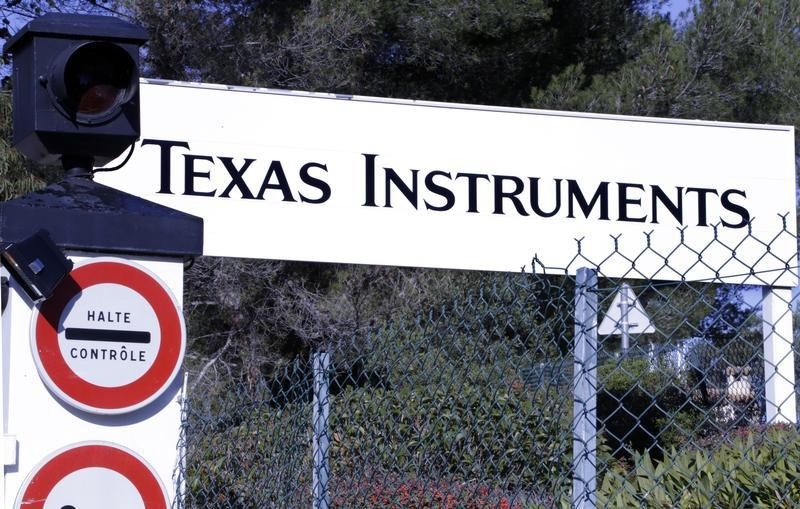Elliott Investment Management has invested $2.5 billion in Texas Instruments (NASDAQ:TXN) and is pushing the company to improve its free cash flow by adopting a more flexible approach to capital expenditures.
Shares in TI jumped 3% on the news, before losing the bulk of those gains. The stock was last up 0.5%.
In a 13-page letter viewed by CNBC, Elliott proposes that Texas Instruments implement a “dynamic capacity-management strategy.” This approach, the activist investor argues, would enable TI to achieve a free cash flow of up to $9 per share by 2026, which is approximately 40% higher than the current consensus among analysts following the world’s largest maker of analog semiconductors.
Elliott criticizes Texas Instruments for its strict adherence to a capital expenditure plan established in 2022, which the hedge fund claims has significantly reduced shareholder returns by slashing the company's free cash flow.
The letter points out that free cash flow dropped from $6.40 per share in 2022 to an expected $1.83 per share this year. Elliott maintains that this decline has alienated investors who value TI's dominant position in serving the automotive and industrial sectors with analog chips. The letter also notes that TI's stock price has lagged behind its peers over the past two, four, six, and ten years.
The central focus of Elliott’s letter is TI’s 2022 capital expenditure plan, which called for increasing Capex spending to a peak of $5 billion annually from 2023 to 2026, raising Capex to as much as 23% of revenues compared to the previous decade's average of 5% of revenues.
This plan aimed to boost capacity, potentially doubling annual revenues to $30 billion. However, Elliott argues that the reversal in demand for TI’s chips since the plan's inception will lead to capacity levels being “50% above consensus revenue expectations in 2026 and 2030.”
Elliott believes that, by adopting a dynamic capacity-management strategy, Texas Instruments can re-establish itself as a compelling investment and benefit from a strong cyclical recovery in the analog market.
"TI’s shareholder returns have lagged peers consistently over a multi-year period,” Elliott said, stressing the need for a strategy aligned with TI’s strategic objectives to maintain its manufacturing and technology leadership.
This, according to the firm, would reaffirm TI's commitment to long-term value for its shareholders and deliver on its "best measure" of performance.
